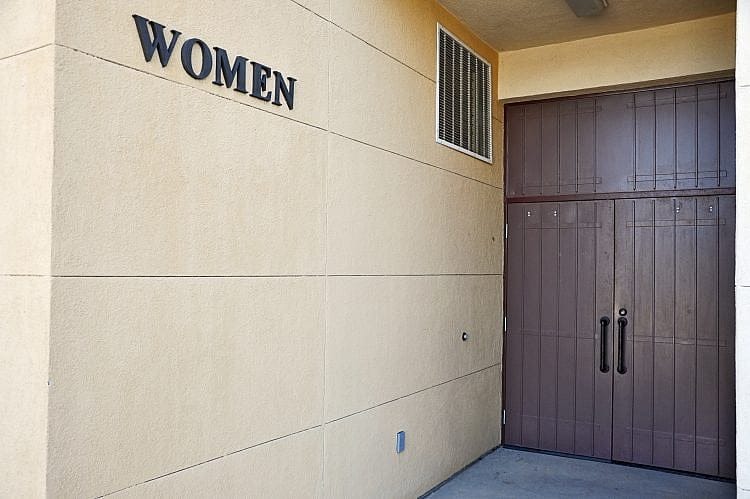Choose Safety and Privacy on November 6th Vote No on Question 3

There are two reasons to vote No on Question 3 in Massachusetts. The first reason has to do with common sense; the second with your worldview.
First, common sense. If you have a wife, daughter, or a granddaughter and she is using a public restroom, do you want a man who at that moment "identifies" as a woman to come into that bathroom and share the bathroom with her? Isn't the safety and privacy of your wife, daughter, or granddaughter more important than the politically correct mantra of respect for transgenderism?

